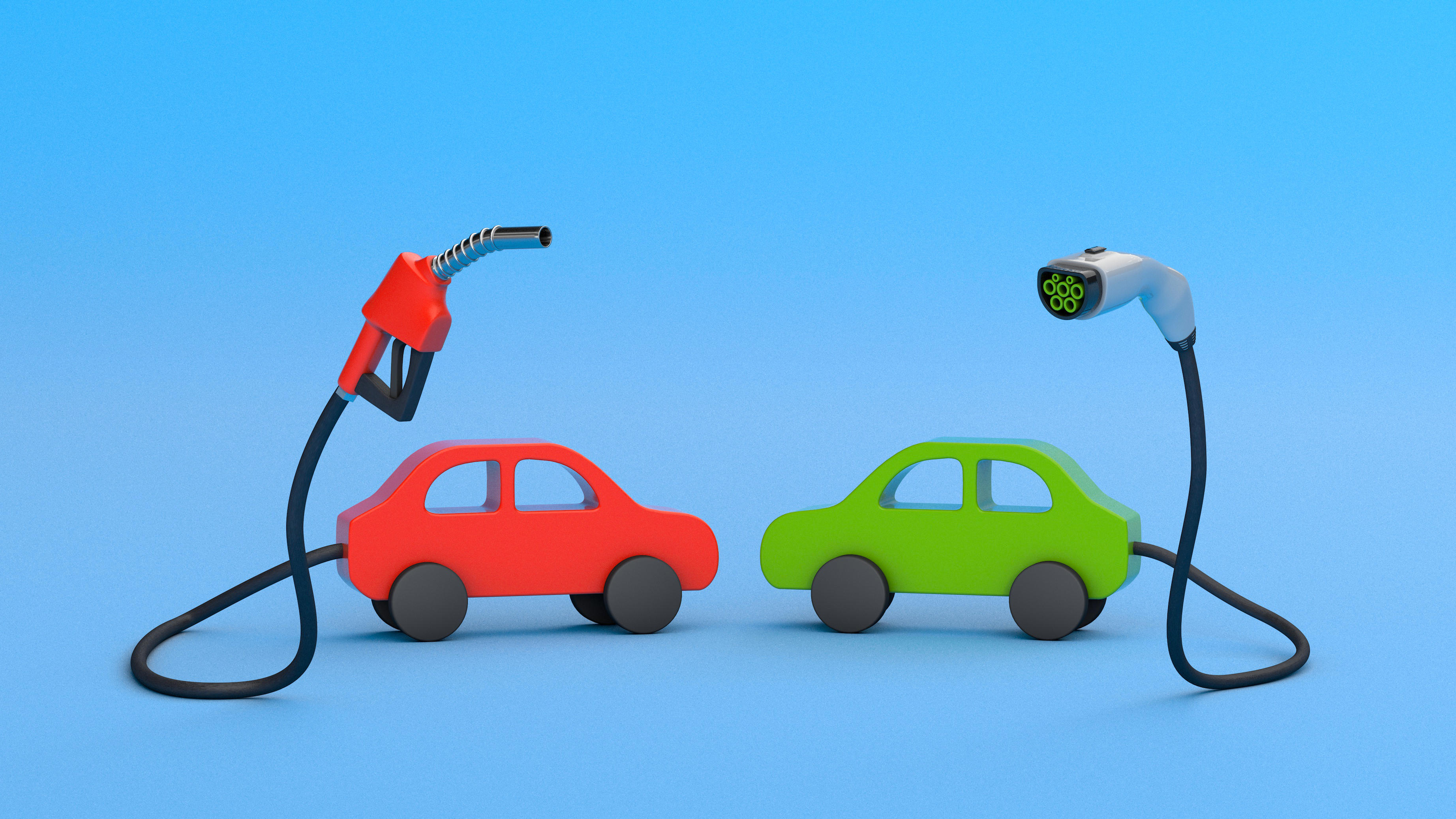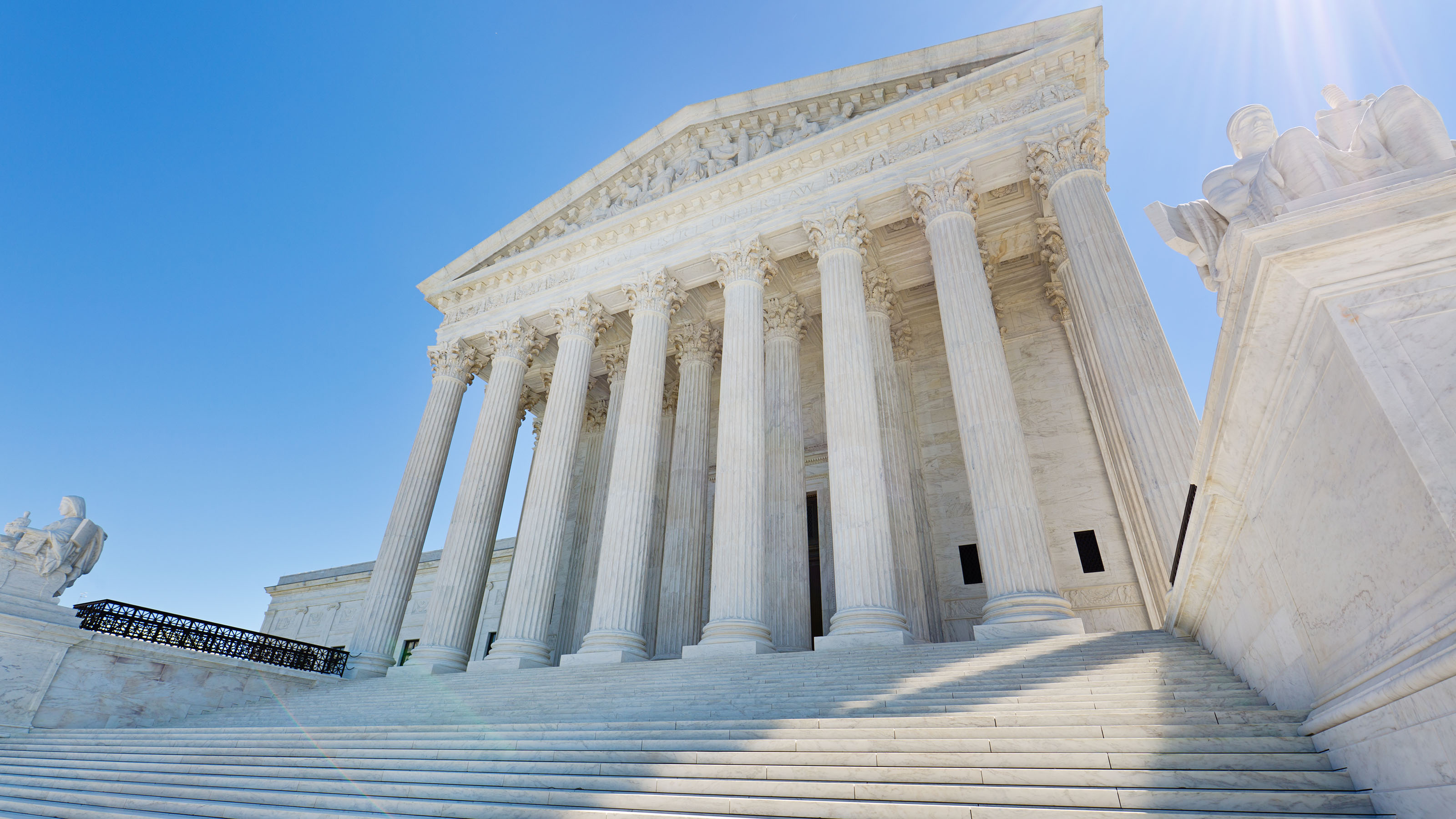Obama Won't Decide to Stop Oil Drilling
The BP spill will mean more regulations and safeguards, but it won't slow the expansion of offshore oil exploration.
Profit and prosper with the best of Kiplinger's advice on investing, taxes, retirement, personal finance and much more. Delivered daily. Enter your email in the box and click Sign Me Up.
You are now subscribed
Your newsletter sign-up was successful
Want to add more newsletters?

Delivered daily
Kiplinger Today
Profit and prosper with the best of Kiplinger's advice on investing, taxes, retirement, personal finance and much more delivered daily. Smart money moves start here.

Sent five days a week
Kiplinger A Step Ahead
Get practical help to make better financial decisions in your everyday life, from spending to savings on top deals.

Delivered daily
Kiplinger Closing Bell
Get today's biggest financial and investing headlines delivered to your inbox every day the U.S. stock market is open.

Sent twice a week
Kiplinger Adviser Intel
Financial pros across the country share best practices and fresh tactics to preserve and grow your wealth.

Delivered weekly
Kiplinger Tax Tips
Trim your federal and state tax bills with practical tax-planning and tax-cutting strategies.

Sent twice a week
Kiplinger Retirement Tips
Your twice-a-week guide to planning and enjoying a financially secure and richly rewarding retirement

Sent bimonthly.
Kiplinger Adviser Angle
Insights for advisers, wealth managers and other financial professionals.

Sent twice a week
Kiplinger Investing Weekly
Your twice-a-week roundup of promising stocks, funds, companies and industries you should consider, ones you should avoid, and why.

Sent weekly for six weeks
Kiplinger Invest for Retirement
Your step-by-step six-part series on how to invest for retirement, from devising a successful strategy to exactly which investments to choose.
No doubt that British Petroleum and by extension, its oil patch brethren, will get a black eye from horrid publicity, as crude from BP’s damaged offshore rig washes up on Gulf Coast shores from Louisiana to the Florida Panhandle. The inevitable tongue-lashing of BP leaders hauled before Congress may make a few execs wish the company already had fulfilled its advertising slogan and moved Beyond Petroleum.
BP is also sure to face a buzz saw of federal investigations to determine whether it skirted regulations and industry standards designed to be used to halt oil flows in the case of catastrophic platform failures. Automatic blowout devices kept oil spills to a minimum after Hurricane Katrina demolished several rigs in 2005. Probes are sure to stretch into next year or beyond and result in a toughening of regulations governing all offshore oil production.
Barack Obama will take heat from environmental groups who’ll point to the spill as a harbinger of things to come if the administration doesn’t reverse its newly minted plan to open vast new seabed tracts for oil and natural gas production. But Obama won’t change course.
From just $107.88 $24.99 for Kiplinger Personal Finance
Become a smarter, better informed investor. Subscribe from just $107.88 $24.99, plus get up to 4 Special Issues

Sign up for Kiplinger’s Free Newsletters
Profit and prosper with the best of expert advice on investing, taxes, retirement, personal finance and more - straight to your e-mail.
Profit and prosper with the best of expert advice - straight to your e-mail.
He’ll stand pat, though the White House will keep insisting that no new offshore drilling permits will be granted, anywhere, until the accident’s cause is investigated and new measures adopted to prevent others. That won’t affect the administration’s plans. None of the new offshore oil leases are slated to be awarded until 2012 at the earliest -- an eternity in today’s 24-hour news spin cycle.
Barring a far greater catastrophe and no assurance that another could be prevented, there’s little chances for a ban on oil production.
Domestic energy concerns and national security will trump bad PR.Offshore oil exploration is too tantalizing a prospect to ignore. Biofuel- and electric-powered cars won’t comprise the majority of fleets for several decades, while domestic production continues to flag after peaking at 8 million barrels a day in 1970. It is inexorably grinding down to just under 5 million barrels per day, against daily usage of around 9 million barrels. Seabeds off the Atlantic, Gulf and Alaskan coasts that Obama approved for development in March hold the prospect to produce at least 135 billion barrels of oil. That’s equivalent to around 15 years of consumption at current usage rates.
These fields also are expected to produce 675 trillion cubic feet of natural gas. That’s equivalent to around 15 years of oil consumption and nearly 30 years for natural gas at current usage rates. This expansion will be augmented by oil and gas production from North Dakota’s vast fields. The mammoth Bakken Play and Three Forks-Sanish formation likely will see full scale output reached in the late 2020s.
Obama will remain resolute in pursuing a four-pronged energy policy that seeks to:--Boost production of oil and natural gas.--Promote development of renewables such as noncrop derived biofuels, as well as solar, wind and geothermal power.--Boost energy efficiency of autos, appliances and the power grid.--Lean more heavily on nuclear power to make electricity.
It’s no fluke the president is seeking to triple, to $55 billion, federal low interest loan guarantees to help utilities build more nuclear plants, or that Obama put back on track a research program to develop new, ultra-low-emissions coal fired power plants derailed by his predecessor.
The administration sees all of these as necessary to help the U.S. reduce emissions of carbon dioxide, seen as a prime cause of climate change, along with dependence on imported oil, which accounts for about two-thirds of domestic oil consumption.
Similarly, Obama’s decision to green light construction of wind-electricity- generating facilities off of Massachusetts’ coast will break a logjam for more than a half dozen other offshore wind projects. The result: More than a 10-fold increase in wind-made power, to more than 350 gigawatts (GW) by 2030, will dramatically boost the odds the U.S. will derive 20% of electricity from wind power by then.
Why the dramatic shift? Wind generators at sea will churn out around 55 GW of power to cities within 100 miles off the coasts, eliminating the need to build costly new transmission facilities -- a billion dollar bugaboo stifling wind development. This also will create incentives to build 300 GW of land-based wind facilities, up from 35 GW now, since the need for new transmission facilities will be reduced there as well. Instead, the power can be sold regionally, rather than having to be sent to distant cities and towns.
Profit and prosper with the best of Kiplinger's advice on investing, taxes, retirement, personal finance and much more. Delivered daily. Enter your email in the box and click Sign Me Up.
-
 Dow Adds 1,206 Points to Top 50,000: Stock Market Today
Dow Adds 1,206 Points to Top 50,000: Stock Market TodayThe S&P 500 and Nasdaq also had strong finishes to a volatile week, with beaten-down tech stocks outperforming.
-
 Ask the Tax Editor: Federal Income Tax Deductions
Ask the Tax Editor: Federal Income Tax DeductionsAsk the Editor In this week's Ask the Editor Q&A, Joy Taylor answers questions on federal income tax deductions
-
 States With No-Fault Car Insurance Laws (and How No-Fault Car Insurance Works)
States With No-Fault Car Insurance Laws (and How No-Fault Car Insurance Works)A breakdown of the confusing rules around no-fault car insurance in every state where it exists.
-
 Is a New $25,000 Health Care Tax Deduction Coming in 2026?
Is a New $25,000 Health Care Tax Deduction Coming in 2026?Tax Policy A proposal from GOP Sen. Josh Hawley adds to the chatter about health care affordability.
-
 Money for Your Kids? Three Ways Trump's ‘Big Beautiful Bill’ Impacts Your Child's Finances
Money for Your Kids? Three Ways Trump's ‘Big Beautiful Bill’ Impacts Your Child's FinancesTax Tips The Trump tax bill could help your child with future education and homebuying costs. Here’s how.
-
 Key 2025 Tax Changes for Parents in Trump's Megabill
Key 2025 Tax Changes for Parents in Trump's MegabillTax Changes Are you a parent? The so-called ‘One Big Beautiful Bill’ (OBBB) impacts several key tax incentives that can affect your family this year and beyond.
-
 Will EVs Drive the Vote in Election 2024 Swing States?
Will EVs Drive the Vote in Election 2024 Swing States?Tax Credits Electric vehicle tax credits have somehow become controversial. So car buyer attitudes in swing states might make a difference.
-
 How Four Recent Supreme Court Rulings Impact Your Money
How Four Recent Supreme Court Rulings Impact Your MoneySupreme Court Some U.S. Supreme Court decisions could affect your finances. Here’s what you need to know.
-
 Are Student Loans Being Forgiven or Not?
Are Student Loans Being Forgiven or Not?Student Loans The House and Senate voted to repeal President Biden’s student loan forgiveness plan, but does it even matter?
-
 Etsy, eBay, PayPal Want IRS 1099-K Relief for Online Sellers
Etsy, eBay, PayPal Want IRS 1099-K Relief for Online SellersIncome Tax Companies like eBay, Etsy, and PayPal want Congress to raise the $600 reporting threshold for IRS Form 1099-K to give relief to millions of sellers who use their sites.
-
 Student Loan Forgiveness Blocked For Now Due to Court Rulings
Student Loan Forgiveness Blocked For Now Due to Court RulingsBiden's student loan debt forgiveness program is on hold until the U.S. Supreme Court weighs in.